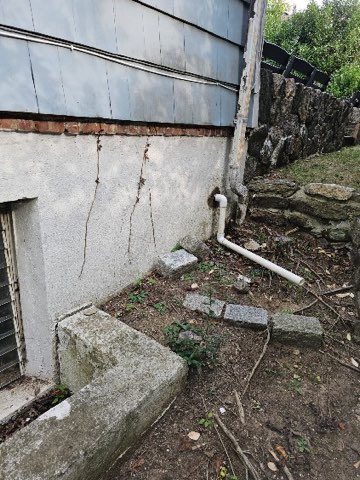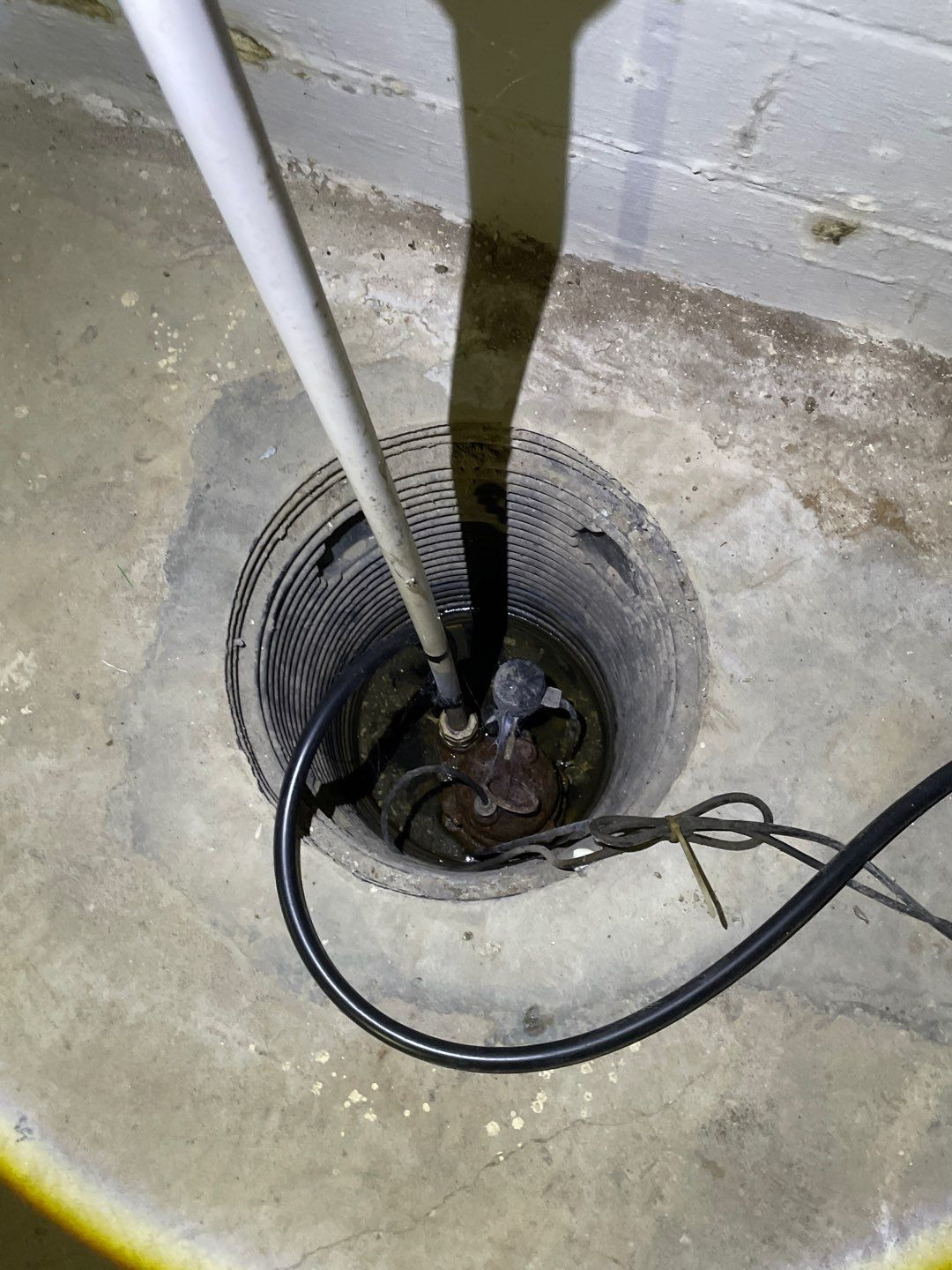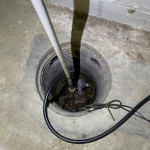When you think about home safety, you might overlook the basement. However, the professionals who guarantee the structural integrity of your lower level, also known as basement contractors, have an important role in keeping your home secure and healthy. They tackle potential hazards, from water damage to weak foundations, that could otherwise lead to severe problems and costly repairs. Now, wouldn’t you like to know more about how they do it and why it’s vital for your home’s overall safety?
Key Takeaways
- Basement contractors maintain home safety by ensuring the structural integrity of homes and preventing catastrophic failures.
- They employ waterproofing and mold prevention strategies, critical for preserving the health of residents and the structure’s longevity.
- Contractors enhance disaster resilience by using water-resistant and fire-resistant materials and implementing seismic retrofitting for earthquake safety.
- Selecting reputable, experienced, and licensed basement contractors is vital for quality workmanship and adherence to safety regulations.
- Effective project management and communication by contractors ensure on-time completion and homeowner satisfaction, further promoting home safety.
Understanding Basement Contractors’ Role

They’re experts in dealing with the unique challenges basements present, including foundation issues, insulation needs, and ventilation concerns.
Basement contractors inspect your basement, evaluating its condition and identifying any potential risks. They’re well-versed in recognizing early signs of structural damage, such as cracks in the walls or floor, which could lead to serious problems if left unattended.
They can also advise on the best insulation materials to use, ensuring your basement remains warm in winter and cool in summer, contributing to overall energy efficiency.
Ventilation is another important area where basement contractors excel. They understand the importance of proper airflow to prevent stale and damp air from accumulating, which can lead to unhealthy living conditions.
They’re equipped to design and implement effective ventilation systems that promote good air quality.
Waterproofing and Mold Prevention
Let’s now turn our attention to the critical role of waterproofing and mold prevention in basement safety.
As you consider your options, understanding various basement waterproofing techniques can help you make an informed decision.
Similarly, implementing effective mold prevention strategies is essential to maintain a safe, healthy basement environment.
Basement Waterproofing Techniques
Three essential steps can guarantee a properly waterproofed basement, which are important to prevent mold growth and maintain the safety of your home.
First, you’ll need to identify and fix any existing leaks. This process includes inspecting walls and floors for cracks or holes where water might seep in. It’s imperative to repair these damages immediately to prevent further water intrusion.
Second, consider installing a drain system. A well-designed drainage system collects water that could potentially seep into your basement, directing it away from your home’s foundation. This system typically involves a sump pump that mechanically removes water, ensuring a dry and mold-free basement.
Lastly, apply a waterproofing sealant. These products create a barrier that prevents water from penetrating your basement walls and floors.
Waterproofing sealants come in various types, such as silicate-based sealers and acrylic-based sealers, each offering different levels of protection.
Mold Prevention Strategies
An incredible 70% of homes with basements in the U.S. suffer from mold issues. As a homeowner, you can’t overlook the importance of mold prevention strategies. They’re vital to home safety and the health of your family.
Basement contractors are indispensable in this mission. They’re equipped with the knowledge and skills to effectively waterproof your basement, a significant step in preventing mold growth. Waterproofing stops moisture, the primary catalyst for mold, from seeping into your house’s structure.
You’ll also benefit from proper ventilation. This is achieved by installing vents or exhaust fans, which promote air circulation. It’s a simple yet effective way to keep mold at bay.
Humidity control is another strategy your contractor may recommend. Using dehumidifiers in your basement can help maintain an environment where mold struggles to thrive.
Lastly, regular maintenance checks are essential. These allow for the early detection of mold, saving you from costly repairs down the line.
Structural Reinforcement Importance
Understanding the importance of structural reinforcement in basement construction is essential to guaranteeing the safety of your home.
It’s more than simply pouring concrete and setting up walls; it’s about creating a resilient foundation that can withstand pressures and stresses over time. This isn’t just about your home’s integrity; it’s about your family’s well-being, too.
Consider these vital aspects:
- Safety: A properly reinforced basement can prevent catastrophic failures, such as collapses that could endanger lives. It’s not something you’d want to gamble with.
- Longevity: Proper structural reinforcement can extend your home’s lifespan, saving you from costly repairs or a premature rebuild. A well-built basement is a long-term investment.
- Value: Homes with structurally sound basements are more attractive to potential buyers, boosting your property’s value. It’s a smart financial decision.
Don’t underestimate the role of professional basement contractors in safeguarding your home.
They’ve got the skills, experience, and knowledge to guarantee your basement isn’t just built, but fortified to last.
Protect what’s below: it’s a commitment to safety, longevity, and value.
Disaster Resilience Enhancement
Boosting your home’s disaster resilience is an essential role that basement contractors play. They employ various techniques to guarantee your lower level is fortified against potential calamities.
It’s not just about shielding against weather-related disruptions; it’s also about reinforcing your home to withstand earthquakes, floods, or fires.
One way contractors improve your home’s resilience is through the use of water-resistant materials. These materials prevent water from seeping into your basement during heavy rains or floods, protecting your property and belongings from water damage.
They also use fire-resistant materials to reduce the risk of fire spreading to other areas of your home.
Another technique is seismic retrofitting, which strengthens your home’s structure to withstand earthquakes. This involves bolstering the basement walls and floor to minimize the chance of collapse in the event of seismic activity.
Basement contractors also guarantee that your basement has proper drainage systems. These systems help divert water away from your home, reducing the risk of damage during floods.
In essence, a well-prepared basement is an essential line of defense for your home.
With the help of professional basement contractors, you’ll be better equipped to face any disaster that comes your way.
Basement Ventilation Significance
Proper ventilation in your basement isn’t just a luxury, it’s a necessity. It’s a key aspect of maintaining your home’s safety, and neglecting it can lead to significant problems.
- To begin with, ventilation helps control humidity levels. Without it, your basement can become a breeding ground for mold and mildew, which can damage your property and even cause health issues.
- In addition, good ventilation can prevent the buildup of harmful gases, like radon, a natural radioactive gas that can cause lung cancer.
- Finally, it contributes to the overall air quality of your home. A poorly ventilated basement can cause stale, musty air to circulate throughout your house.
To guarantee effective ventilation, a thorough evaluation by a professional basement contractor is vital. They can identify any existing or potential issues and recommend the best solutions tailored to your home’s specific needs.
Don’t underestimate the importance of basement ventilation. It’s not just about comfort, it’s about your health, the longevity of your home, and ultimately, your peace of mind.
Tips to Choose a Basement Contractor
While it’s essential to guarantee proper basement ventilation, it’s equally important to choose the right basement contractor to handle this task.

The first tip is to do your research. Look up potential contractors online, check their ratings and reviews, and gather as much information as you can.
You’re looking for a contractor with a strong reputation in the industry and positive feedback from their previous clients.
Next, make sure they’re licensed and insured. This is vital for your protection and guarantees that the contractor is operating within local regulations.
It also assures that if anything goes wrong, you’re covered.
Third, ask for references. A reputable basement contractor should be able to provide you with a list of previous clients who you can contact for feedback.
Lastly, get everything in writing. A detailed contract should outline the scope of the work, the cost, and the timeline.
This will protect you from any unexpected costs or delays.
Frequently Asked Questions
What Are Typical Costs Associated With Hiring a Basement Contractor?
Your costs for hiring a basement contractor will vary. They’re typically influenced by factors like the project’s size, materials, and location. You’re looking at a range between $10,000 to $25,000 on average. Always get multiple quotes.
How Long Does a Typical Basement Renovation Project Take?
Your typical basement renovation project can take around 6-8 weeks to complete. However, it’s dependent on the project’s complexity, the contractor’s availability, and unforeseen issues that may arise during the renovation process.
Are Basement Contractors Insured Against Accidental Damage During the Project?
Yes, they are. It’s a protective cushion for those little “oops” moments. Reputable basement contractors carry insurance to cover accidental damages during the project, ensuring your home’s safety and your peace of mind.
What Types of Certifications or Qualifications Should a Reputable Basement Contractor Possess?
You should guarantee your basement contractor holds certifications like a general contractor’s license, and possibly specialized qualifications in waterproofing or structural engineering. It’s essential they’re knowledgeable in safety codes and standards for basements.
Can a Basement Contractor Assist With Obtaining Necessary Permits for the Project?
Yes, a basement contractor can assist with obtaining necessary permits. They’re well-versed in local building codes and regulations, ensuring your project meets all requirements. It’s an essential part of their role in maintaining home safety.
In the end, safeguarding your home is no small feat. It’s like the old saying goes, “A stitch in time saves nine.” Basement contractors provide that crucial stitch, fortifying your home against potential disasters. From waterproofing and mold prevention to structural reinforcement and ventilation enhancements, their role is indispensable. So, when you’re picking a basement contractor, choose wisely. After all, they’re not just working on a house, but the safety of your home.



